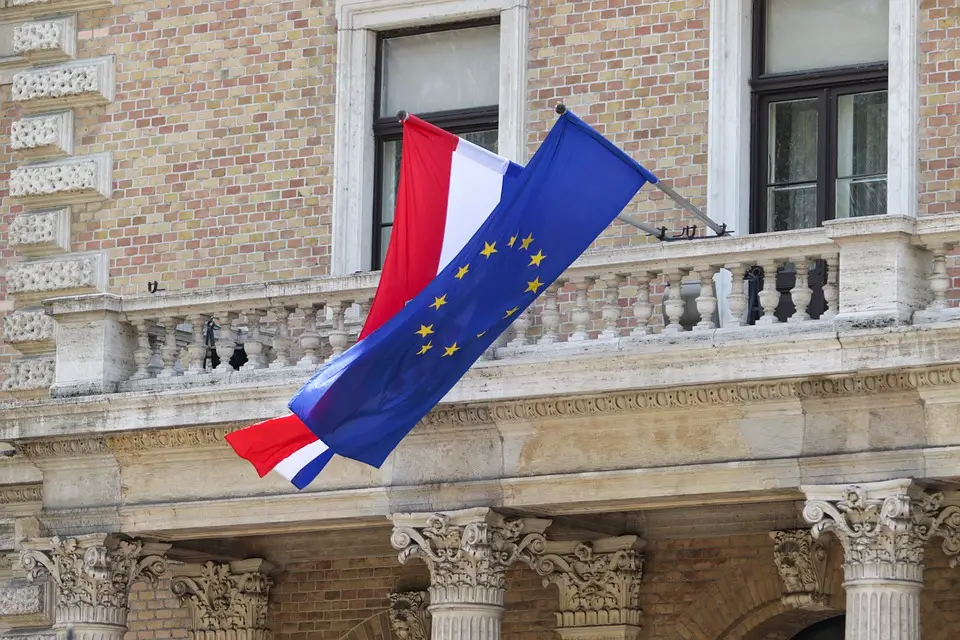As Poslovni Dnevnik writes, the Croatian economy has been exposed to enormous levels of stress caused by numerous factors over the past eighteen or so months, but it is showing resilience and its strong recovery is predicted for both this and next year, with GDP growth of 5.4 and 5.8 percent, members of the IMF Mission said in a closing statement issued on Friday.
“For 2021 and 2022, a strong recovery is projected with Croatian economic growth of 5.4 and 5.8 percent, respectively, driven by the recovery in the services sector, assuming the realisation of two thirds of tourist arrivals from 2019 in 2021 and their almost full recovery in 2022, and investments that will be driven by large inflows of grants from the EU in the medium term. In the medium term, GDP growth is projected to slow down to around three percent,” the IMF mission said in a statement at the end of their visit to Croatia which takes place as part of regular consultations held with member states under Article IV of the IMF statute.
The IMF recalls that the coronavirus pandemic and two devastating earthquakes led to a decline in economic activity of 8 percent in 2020 in Croatia due to reduced domestic and foreign demand, with a particularly large decline in tourism revenues, amounting to about 60 percent annually.
However, they also point out that generous support for fiscal and monetary policy, along with appropriate easing of supervisory requirements, has helped mitigate the effects of the coronavirus pandemic.
At the same time, they note, Croatia’s financial position was somewhat eased by EU funds, which financed most fiscal support measures, and the CNB intervened in the foreign exchange market and eased tensions in the domestic bond market by buying government securities in the amount of approximately 5, 5 percent of GDP and lowered the reserve requirement and conducted repo operations.
Markets calmed down, especially after the establishment of a swap line with the European Central Bank (ECB) in mid-April 2020. They also referred to inflation, estimating that it is still low despite the recent increase, and they have also forecast its stabilisation at the level of 2 percent in the year 2023.
For more on Croatian economic growth, make sure to follow our dedicated business section.









